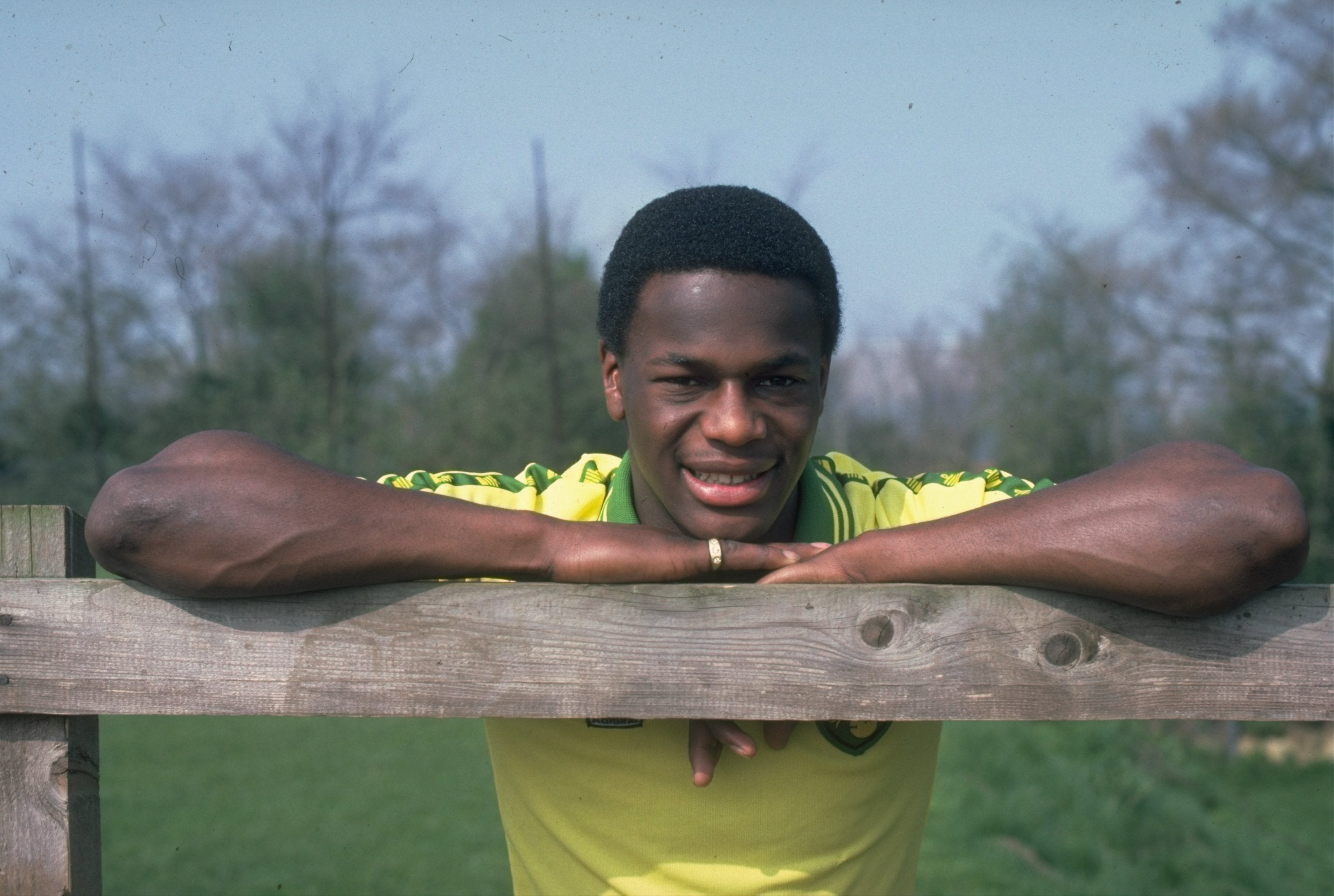Footballers still fear coming out as gay
It has been 31 years since my uncle, Justin Fashanu, or any other professional British player, came out publicly


Your support helps us to tell the story
From reproductive rights to climate change to Big Tech, The Independent is on the ground when the story is developing. Whether it's investigating the financials of Elon Musk's pro-Trump PAC or producing our latest documentary, 'The A Word', which shines a light on the American women fighting for reproductive rights, we know how important it is to parse out the facts from the messaging.
At such a critical moment in US history, we need reporters on the ground. Your donation allows us to keep sending journalists to speak to both sides of the story.
The Independent is trusted by Americans across the entire political spectrum. And unlike many other quality news outlets, we choose not to lock Americans out of our reporting and analysis with paywalls. We believe quality journalism should be available to everyone, paid for by those who can afford it.
Your support makes all the difference.It’s over a year since I contributed to the Channel 4 documentary Football’s Coming Out. I hoped then, as I continue to now, that football and wider society will imminently welcome an openly gay professional footballer with open arms.
It has been 31 years since my uncle Justin Fashanu, or any other professional British player, came out publicly. In the past, players knew that if they were to disclose their sexuality, they would soon be – if they weren’t already – a household name. Would this be the case today? Unfortunately, people are still living with that same trepidation and have a genuine fear over being their honest selves in the current environment.
Much has been said about the roadmap to being “out”, but even with someone pointing you in the right direction, if you still have no idea how difficult it might be and no one has done it in the UK in decades, it’s very understandable to be wary.
I set up the Justin Fashanu Foundation to provide a safe space for current and future players to know that support exists, in the hope that Justin’s experiences, which he described as inflicting “heavy damage’’ to his career, are never repeated. Though I wholeheartedly believe that a gay footballer would be overwhelmed with support today, football and wider society is still in a place where this admission would forever define them, whether they were comfortable with this or not.
No one wants to be treated differently, and within a squad, the fear – perceived or otherwise – of being singled out will be amplified further. Most professional footballers do not court the attention of the media into personal aspects of their lives, and even when discussing football, are not especially comfortable in front of the cameras. Footballers are also likely to have a distrust of the media that will have been entrenched in them from an early age, and are often protected by the clubs from direct interactions.
Footballers today live lives far removed from the supporters who pay to watch them in the stands. The money that has poured into the game since the 1990s has established a great divide, alienating one from the other. If a footballer has many of their interactions with regular society at games or whilst travelling with the team, then they aren’t witnessing the best of humanity on a weekly basis. Verbal abuse is unfortunately par for the course.
The men’s game should take note of the way LGBT+ players in the women’s game are open and free to be themselves, comfortable enough to be in relationships with teammates and even with sporting rivals.
To keep up to speed with all the latest opinions and comment, sign up to our free weekly Voices Dispatches newsletter by clicking here
We can’t expect someone to take a leap into the unknown alone. Footballers can go through to their late 30s having never had to live independently without the routine or guidance of a club or agent, and beginning their careers as children yet having the means to live as adults.
Greater representation at board level, inclusion of LGBT+ fans and the recruitment of staff within clubs can positively influence decision making and improve the culture of football. It’s important that we make clubs more diverse places, representing the variety of experiences that exist outside the footballing world, to make it easier and safer for LGBT+ players and managers to come out.
Let’s make sure that the homophobia my uncle Justin experienced is left in the past.
Amal Fashanu is a presenter, journalist, fashion designer and activist against homophobia in sport
Join our commenting forum
Join thought-provoking conversations, follow other Independent readers and see their replies
Comments